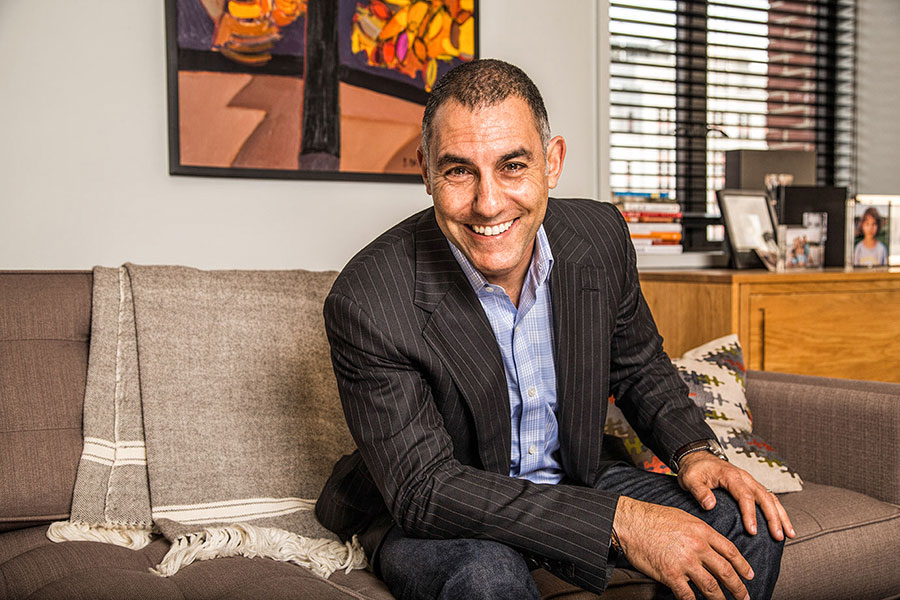It sounds like a complicated idea, but the unintended consequence of consequentialism is what happens when people value outcomes over methods…or worse yet, when they completely lose sight of the method in pursuit of the outcome.
The recent news announcing the widespread college cheating scandal involving, what is potentially, hundreds of parents over more than a decade raises an interesting juxtaposition…and it got me thinking. When powerful, influential and successful people – many who are inarguably effective leaders in their own realms – simultaneously have a complete moral collapse in their value system, you have to wonder why. How could so many people have fallen prey to what most people would see as having a serious lapse in judgment at best and going morally bankrupt at worst?
To answer this takes me back to my days at Reed College, where I majored in Philosophy. One of the more memorable debates was in an Ethics class on the concept of intentionalism vs. consequentialism. The fundamental question we were asked to consider was this… if you save a drowning man while trying to steal his watch, is it a moral act? The consequentialist would argue that the outcome is what counts—you saved a life, which is a moral act. The intentionalist would say that your intention was to steal – an immoral act.
Here’s the thing. We live in an increasingly consequentialist world, where results matter over anything else. And when we are all focused on the outcome, then the process gets lost in pursuit of the goal. For consequentialists, the ends justify the means. Many great atrocities have been committed based on that premise.
I would suggest that what got these leaders and parents into trouble was an over-rotation on outcomes and a lack of internal clarity all exacerbated by the sense of entitlement that wealth can bring.
The parents in this case were blinded by their pursuit of a seemingly moral goal. They didn’t care HOW their kids got into a good college—they only cared that they did. The irony is that most of these same parents spent their children’s formative years teaching them right from wrong… good from bad… moral from immoral and that if asked whether they would rather have their child win by cheating or lose honestly, most would have chosen the latter. Yet in this case, their commitment to an outcome blinded them to their own sense of morality.
This happens with business leaders and CEOs all the time. They have to report results every quarter and are often faced with choices where they have to violate their own values in pursuit of that goal. Admittedly this is a real quandary – even for the most morally clear among us.
Neither a consequentialist nor an intentionalist be.
Perhaps this situation has created a moment in time for each of us to reflect internally. Am I an intentionalist or a consequentialist? Where do those come in conflict for me? Does one feel more “right” than the other? In a world that is out of balance and at odds, in my opinion it is up to leaders to find their own moral compass first. And for me – and perhaps for these people facing serious criminal charges – that means that there needs to be a balance between the two.
We can only create lasting change in this world when we start with ourselves. Know where you are coming from and why… but take heed in seeking only outcomes. Yes, we need to produce results. But how we produce them matters as much as the results themselves. The world may not be black and white, but in this case – with these decisions – the world wasn’t grey either. To be an effective leader is to navigate these with great attention and balance process with outcome – and that isn’t always easy.
Perhaps Edward Deming said it best, “If you can’t describe what you are doing as a process, then you don’t know what you are doing.” If these parents had taken the time to do that, they would have noticed that their process wasn’t sound – that at some level they had no idea what they were doing – and as a result, produced some very unintended consequences.




































